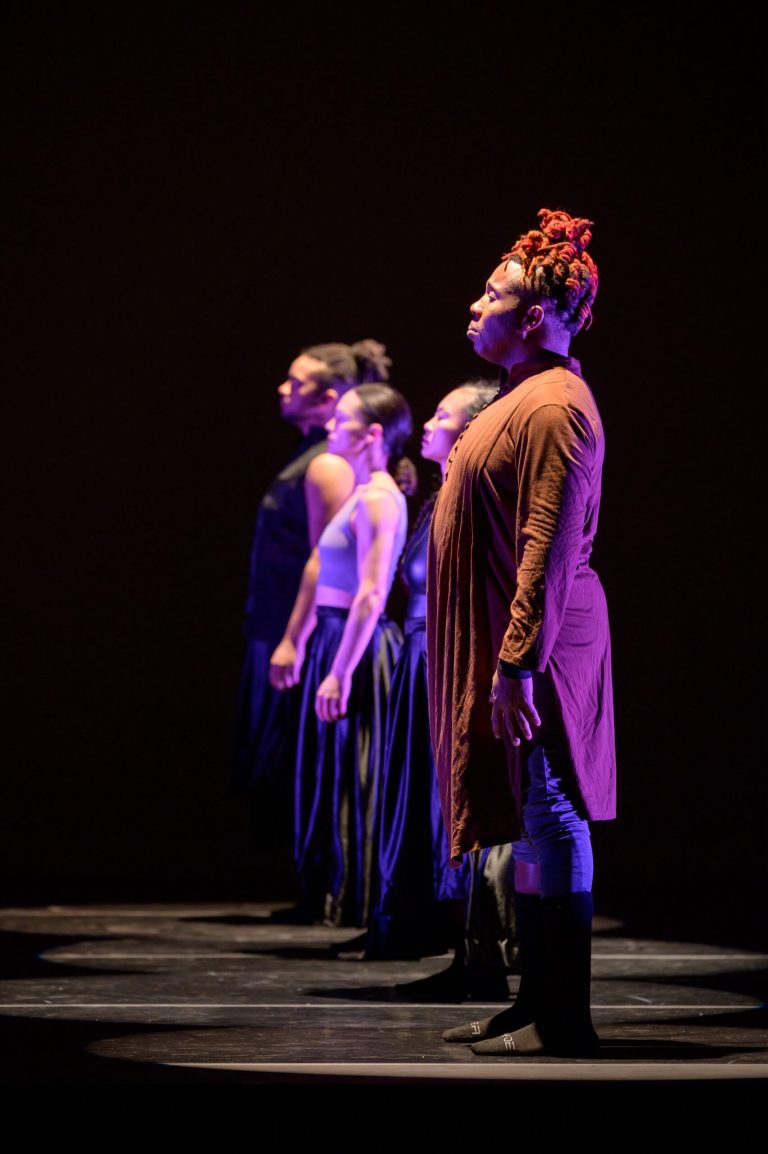Liz Foster ’22
Managing Editor
“That’s not just a dollar. It’s Mr. Krabs’ first dollar! His most prized possession! And we got paint on it!” shouts a frantic Spongebob, racing against the clock to remove a small smudge of paint from his boss’ proudest monetary achievement. Patrick, as an unemployed starfish living beneath a rock that does not experience the burdens of capitalism, does not understand the sponge’s anxious reaction. He calmly reasons that the two could “just stick any old dollar bill up on the wall, no one would even know the difference!” as they move to escape the crab’s wrath. He escapes the heavy burden of the individual pieces of currency. Patrick explicitly questions what value exists within the dollar. The duo narrowly avoids the crustaceous anger as the boss simply licks the paint off. Spongebob’s fears evaporate as the dollar-problem solves itself. The economic problem that remains unsolved amongst Bikini Bottom’s citizens is a clear lack of class consciousness and the detrimental effects of undersea capitalism.
Spongebob and Squidward are two employees under the arguably tyrannical Mr. Eugene Krabs. The crab runs a tight ship and though the audience never learns of the salary of his employees, one can assume that this wage does not permit a particularly extravagant lifestyle. Spongebob is a perfect cog in the machine; he comes to work each day with a smile on his face. In “SB-129”, Spongebob goes as far as to wish that he could go to work on a Sunday. A fast-food restaurant being closed on a Sunday mirrors that of Chick-Fil-A, an institution often criticized for its higher-ups donating to conservative, anti-LGBT organizations, and thus showcases that Mr. Krabs can say no to profit–but only on the Lord’s day. Though the only canon deity in the Spongebob universe is King Neptune the God of the sea, Krabs never discloses whether this is the reason for the Krusty Krab’s doors closing for the Sabbath. Economic dialogues rarely cover whether the people of Bikini Bottom also suffer from the intrinsic links between government, capitalism, and religion.
Though Spongebob loves work, Squidward despises his job at the Krusty Krab. He also hates Spongebob. Yet, he fails to acknowledge that he and Spongebob are in the exact same position. They are both victims of capitalism and the specific powers of Mr. Krabs. Were Squidward to work with Spongebob, perhaps the two could more successfully repeat the events of “Squid on Strike” with a more favorable result.
A member of Bikini Bottom who escapes the heavy weights of living in a capitalist society is Patrick. Patrick never once holds a steady job like Spongebob or Squidward, but manages to own a home, have hobbies, and provide food for himself. On multiple occasions Patrick is able to produce cash and coins, so he still receives currency. Is Patrick collecting unemployment? Is he merely a trust fund baby living easy off of his parents’ earnings? Does Bikini Bottom provide universal basic income to its citizens? Patrick appears a unique exception to the wider systems that govern Bikini Bottom.
Though the details of the underwater world remain a mystery, the detrimental effects of its unspecific, unjust economic structures create a system that holds bottom feeders in their subjugated positions and allows the rich to grow richer. I implore the government structures of Bikini Bottom to consider the needs of its citizens in any further economic legislation. As Spongebob bravely cried: “The Krusty Krab is unfair, Mr. Krabs is in there.”






+ There are no comments
Add yours